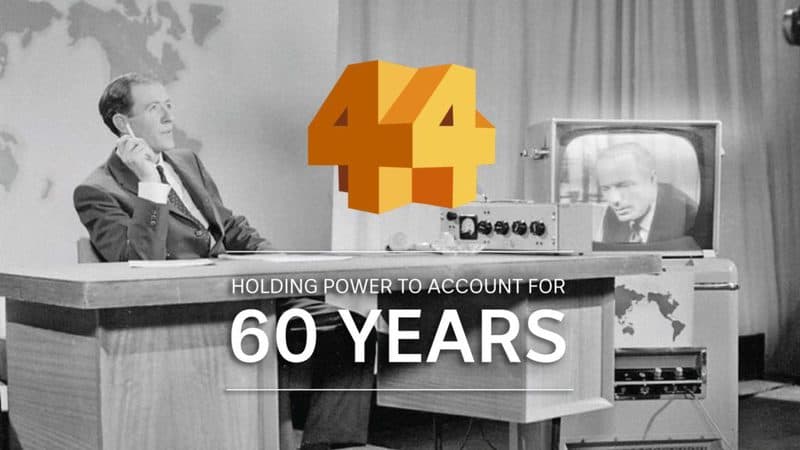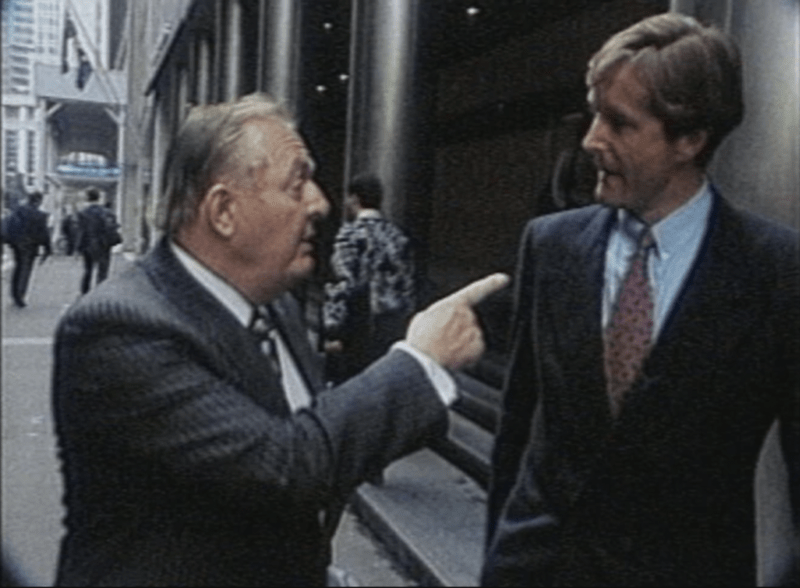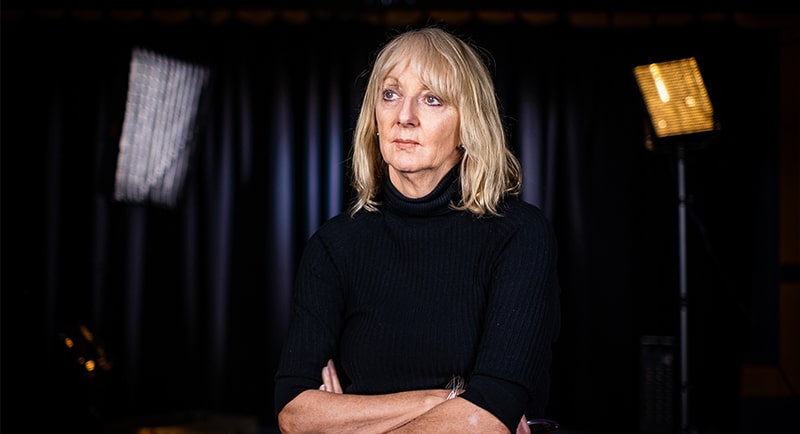On Saturday August 19th 1961, Four Corners made its debut on Australian TV. The very first episode went to air with a staff of just six behind it and a weekly budget of £480. Today, the show has earned 62 Walkley awards – seven of them Gold – and 23 Logie awards.
To mark the milestone, the ABC will broadcast a special episode with highlights from the last 60 years.
Mediaweek spoke to Four Corners EP, Sally Neighbour, about celebrating six decades.

Making it to 60
Today, Four Corners is the longest running series on Australian television. Neighbour says that there is one main reason the show has been on air for as long as it has.
“We’ve made it to 60 years because we have been fearless. We have been absolutely steadfast in exposing corruption, ineptitude, abuse of power, corporate malfeasance, and the public really wants those things exposed and investigated. Four Corners is as important as ever, we’re still able to have a huge impact. The program has caused many, many royal commissions over the years – four just in the last five years or so. So I think it’s because people still really have a thirst for serious, incisive, investigative, public interest journalism.”
Choosing Highlights
Despite the difficulty of showing 60 years in 60 minutes, Neighbour says that narrowing down the highlights reel was a lot of fun.
“Some of the stuff from the 1960s and 70s is fantastic. There are stories on the first wave feminists chaining themselves to a bar in Brisbane to protest against not being able to drink in public bars. There was a story on gang bangs in the early 1970s, where a reporter went out and interviewed young men on the streets of Sydney about gang bangs. When you watch that now, one of the reasons that’s one of our favourites is that it’s as shocking now as it was back then to see those questions being asked and answered.
“Some of the stories from the 1980s were really incredible. The Moonlight State that exposed corruption in Queensland, The Big League which exposed judicial corruption in New South Wales, Horses For Courses was a major story on the racing industry, the Rainbow Warrior exposé on the French secret services bombing of the Rainbow Warrior in Auckland.
“Then, of course, in recent times there are just so many amazing stories that there are too many to mention.”
Making the News
Not for the first time, Four Corners has made headlines itself this year after airing an episode about Prime Minister Scott Morrison’s connection to a follower of QAnon. For Neighbour and Four Corners, this is a well-trodden path.
“Coming under political pressure and political criticism is really just part of the territory for Four Corners, and it has been for 60 years. Back in the 1960s, the show was being heavily criticised by Prime Minister Bob Menzies – he called it ‘that wretched program’ and claimed that the only reason for its existence was to discredit his government. In the 1980s, the Hawke government was furious at Four Corners for many years after Chris Masters’ landmark story, The Big League, which implicated the then New South Wales Labor premier, Neville Wran, who was subsequently cleared by a royal commission. But the Hawke Labor government was furious at Four Corners for a very long time.
“Various times since then we have offended governments of both stripes. That’s our job, really, our job is to rattle the cages of Australian Governments at both ends of the spectrum, and they often don’t like it.”
It’s not just politicians criticising Four Corners either. Neighbour says that increasingly other media is coming after the show.
“Four Corners is now the only long-form current affairs program in Australia, and the other media know that when Four Corners does a story, they’d better sit up and pay attention. There’s an expectation that when Four Corners does a story, it will break significant new ground, and that is more often the case than not.
“The media environment is much more hostile to the ABC and Four Corners. The News Corp newspapers are extremely hostile to the ABC these days and consider public broadcasting to be a threat to their business model, so we find ourselves under even more attack and criticism from other media than from politicians. So that’s another kind of pressure that is ever-present, really.”
Despite the criticism, it’s the fact that Four Corners is aired on a public broadcaster that Neighbour says is key.
“You need a public broadcaster in order to be absolutely fearless about turning your attention on any politician, any government, any company, any corporation, any business leader, any other public figure. It’s really only a public broadcaster that has shown that it is willing to do that work.”

Reporter Paul Barry confronts Alan Bond in a 1994 episode of Four Corners
Looking Ahead
Overall, Neighbour is positive about the future of Four Corners.
“The future of the show is pretty positive, as far as we can see into the future. Nightly television audiences are declining, but Four Corners is now on many online and social media platforms. Our stories still average more than a million viewers every single week on ABC television, including repeats and iview. That’s pretty impressive in my view that every week, on average, more than a million Australians are watching our show.
“On YouTube our first Coronavirus story got more than 12 million views, our story on the Beirut explosion got more than 8 million views. So we’re finding that, like all media, we have to go to the audience where they are. And we’re finding that even if people don’t want to sit down and watch a 45 minute TV show on a Monday night, they are still thirsty for the journalism and for the information. If we can get it out to them on other platforms, that’s where they’ll find it.”
At the end of the day, Neighbour says it’s the show’s audience that have seen Four Corners through the last 60 years.
“We owe a huge debt of gratitude to the Australian public for supporting Four Corners and supporting serious, investigative public interest journalism, because the show could not have survived for 60 years, without the public supporting us. We know that the program is much loved out there, and for that, we’re very grateful.”
See More: Four Corners looks back at the last six decades to mark its 60th anniversary
Header Image Credit: Harriet Tatham
